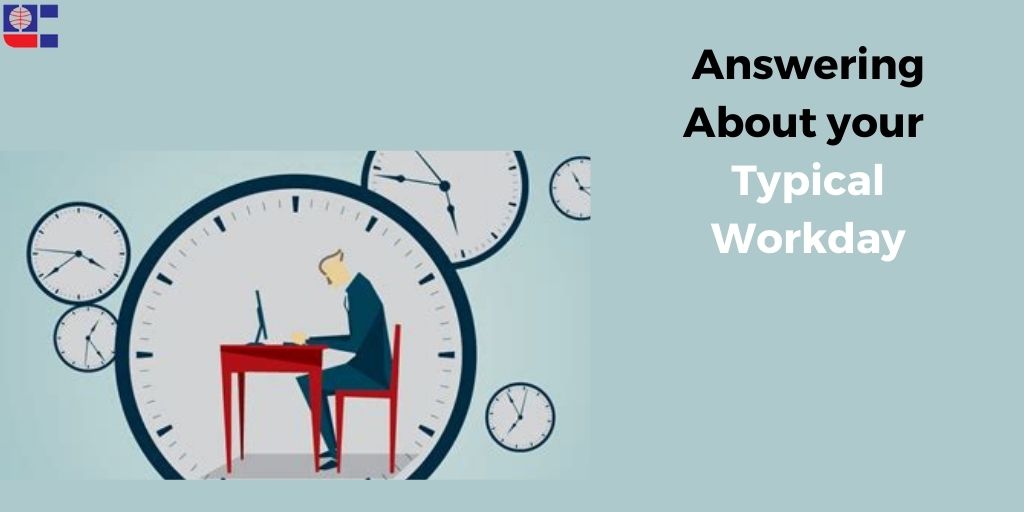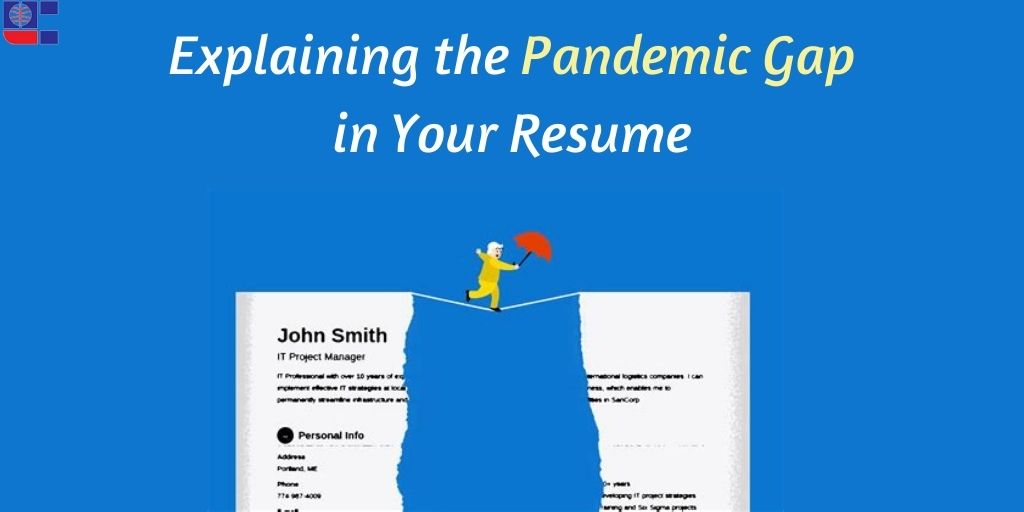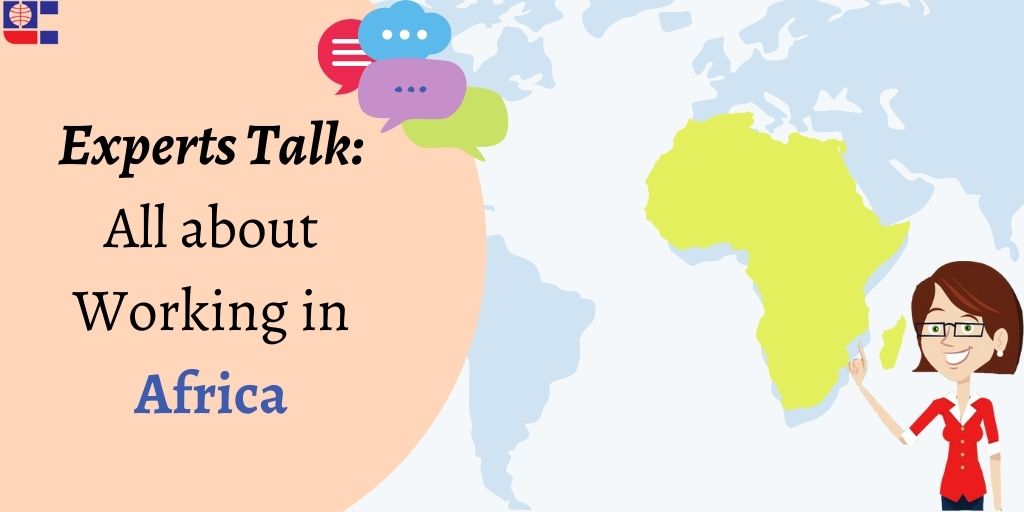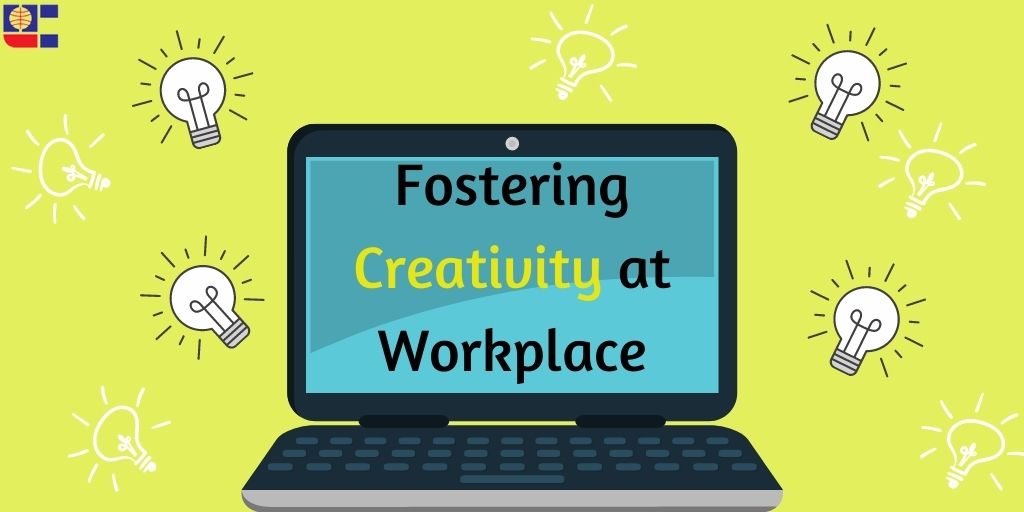
There are interview questions wherein the purpose of asking is quite clear. Questions like:
It is quite obvious why they are asked. But even these seemingly direct questions have a key to answer, which have charted out in our older articles.
There are interview questions which might feel redundant, leaving us wondering why a future employer would like an answer to this. One such common but interesting question is:
‘Could you describe a typical workday?’
A lot of us might find ourselves wondering at such a question that:
- What is the use of asking about my typical workday at a job I am planning to change?
- Which details do they want to know exactly?
- Why are they asking something which isn’t really related to this new job that I am applying for?
- How does this question answer anything about why I am a good hire/cultural fit/cultural addition?
Without further ado, let us look into the intricacies of this question and what one can keep in mind when the time comes to answer it.
The Purpose:
Firstly, why is this question asked? What is the purpose of getting to know a candidate’s typical workday?
According to an article on The Muse, the core purpose is that the interviewer wants to know what responsibilities you have at your current or most recent job/volunteer work/internship, how you prioritise and approach those responsibilities. This core purpose is something even interns/freshers can keep in mind and structure their answers accordingly.
Another purpose is that they want to know if there are responsibilities that you have which overlap or match with the job description of this new job you are applying for. They would like to know if you are already doing a task which you would have to undertake at this new job, and to what extent are you ready to take up something like that.
Moreover, the interviewers are often looking to see how your current (or most recent) work environment is like and how you deal with it.
All in all, the overarching purpose is to get to know the responsibilities, environment, approach and priorities based on how the answer has been constructed, and how well a candidate might transfer it all to the new job. This brings us to the next point: how does one answer such a question?
Answering It:
Reading, Listing, Connecting:
It is always a good idea to read the job description as you are preparing for the interview. The job description will tell you what skillsets would the interviewer be looking to hear about.
The obvious parallel step is to actually refresh and write it out for yourself the responsibilities you have had in your previous/recent/current job, and what you a typical productive day looked like. As you create a list of things you did, your next step is to find if there is an overlap between what you did and what your job description will expect you to do.
This will be easy if you are applying for a similar role in the same or similar field but there are bound to be some differences. But what you will pick on are similarities between tasks and responsibilities in your old typical workday and what you anticipate at your new endeavour based on the job description. This brings us to the next step.
-Chronologise and Emphasize:
Similar but not entirely the same as walking someone through your CV, walking someone through your typical workday will involve telling them in a chronological order about your tasks and responsibilities for the day or week. In case of the CV-story it was advisable to emphasize just on the relevant parts and keep an order that gives a sense to your career narrative. Here, in case of ‘walking through a typical workday’, it is important that you:
- Maintain the chronology, that is, the correct order of how you chose to do the tasks.
- At the same time emphasizing on the task(s) which you think was important and why you undertook it the way you did.
- Don’t spend too much time talking about repetitive tasks and do spend time on tasks which have impelled you to work strategically and creatively.
-Strategize:
The catch is, like most interview answers, to be concise, clear and strategic. Strategic how?
There will be times when you might wonder if you should tell something which isn’t really a part of the new job description but was anyway a big part of what you did. Do we leave it out? No, because that would show the gaps in your narrative. Do we dwell on it too much? No, because that would not give you enough time to focus on the more directly related bits. What we need is strategy here where we talk about the ‘different’ responsibility in a way that gives a sense to the interviewer as to how you handle similar responsibilities. This is an especially valuable insight if your workdays kept changing or there was no typical workday as such or what you are interviewing for is a little different from what you did/do.
The Muse article gives a good example:
‘…if you’re in an accounting role where you work on many aspects of a company’s finances, but you’re interviewing for a payroll-specific job, you might choose to describe a typical day leading up to payday when your focus is more on the type of work you’d be doing in this next role. It might even be worth mentioning at the beginning of your response that there’s no one typical day and you’ll give an example of a day when you’re working on payroll or preparing for a big meeting or closing deals for the quarter.’
And finally, remember that an interview is ultimately a conversation of a kind. Leaving space for questions is fine. Adding ‘…is there anything you would want to hear more about?’ at the end of answer to any interview question is a great idea, which helps you to keep your responses concise and open-ended.





